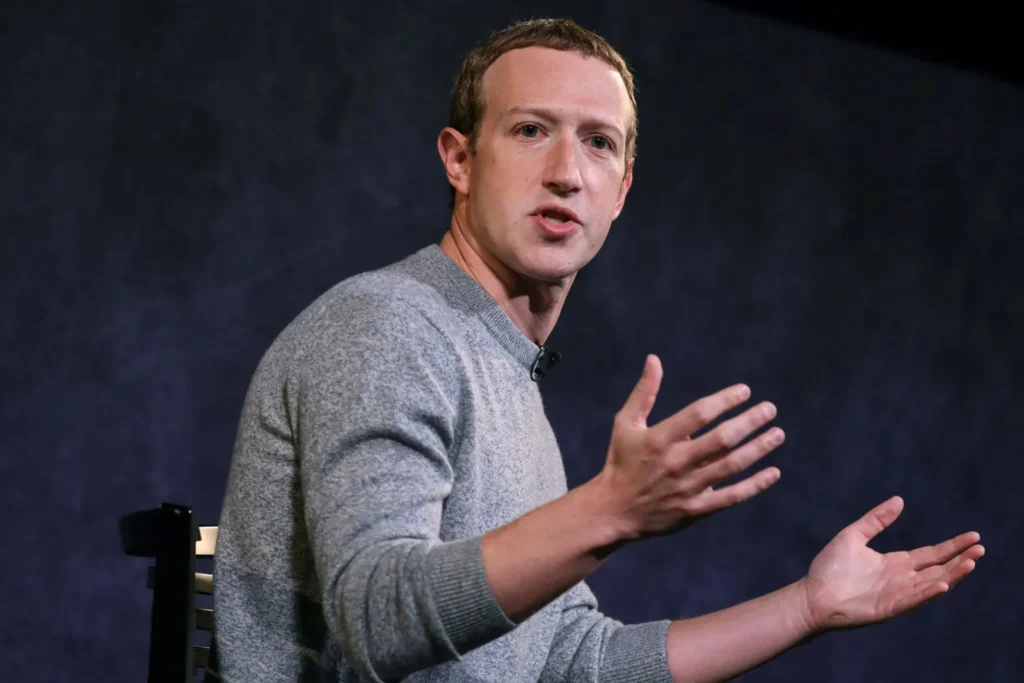Why Mark Zuckerberg is W R O N G about ‘Masculine Energy’ – according to a MAN who’s worked in an all-female office

Feminine energy should be valued in the workplace—and everywhere else.
Mark Zuckerberg, CEO of Meta, recently stated that workplaces should embrace “masculine energy.”
Speaking on a podcast—an episode spanning three hours—Zuckerberg described the corporate world as “culturally neutered” and argued, “I think having a culture that celebrates aggression a bit more has its own merits that are really positive.”
Before reacting with frustration, consider this: he continued, “It’s one thing to say we want to be welcoming and create a good environment for everyone… and I think it’s another to basically say that ‘masculinity is bad.’”
Mark, are you aware of the world we live in? Do you understand the harm caused by unchecked male aggression and toxic masculinity? Let’s not forget that Zuckerberg’s early project, Facemash, involved rating female students based on attractiveness. Moreover, these comments come at a time when he has removed fact-checking from his platform and is reportedly reconsidering his diversity and inclusion team.
His remarks are particularly ill-timed, given the rise in male violence against women and girls globally. Tragic incidents like the rape conviction of Gisele Pelicot’s ex-husband and the murder of Olympic athlete Rebecca Cheptei highlight the ongoing consequences of aggressive masculine behavior.
In workplaces, gender inequality persists. The gender pay gap remains stubbornly wide, with no country achieving full equality. In the UK, women effectively work for free from November 30 onwards. Over the last decade, around 90% of Fortune 500 CEO positions have been held by men. In the UK, there are more male CEOs named Steve than female CEOs.
I’ve been fortunate to have a different experience. As a man working in female-led environments—starting as a fashion assistant and eventually becoming Entertainment Director at GLAMOUR UK—I’ve been surrounded by strong female leadership. My podcast, Reign with Josh Smith, features influential women like Jodie Foster and Florence Pugh, and my team consists predominantly of women (with one great guy!).
In these spaces, women were supported in their personal choices—whether having children or getting married—without fear of professional setbacks. This starkly contrasts with the experiences of many women climbing the corporate ladder, where inappropriate behavior and toxic environments persist. The challenges also extend to LGBTQIA+ individuals, many of whom feel unable to be open about their identities at work.
Workplaces should celebrate and uplift diverse energies—feminine, masculine, and everything in between—fostering inclusive environments where everyone can thrive.